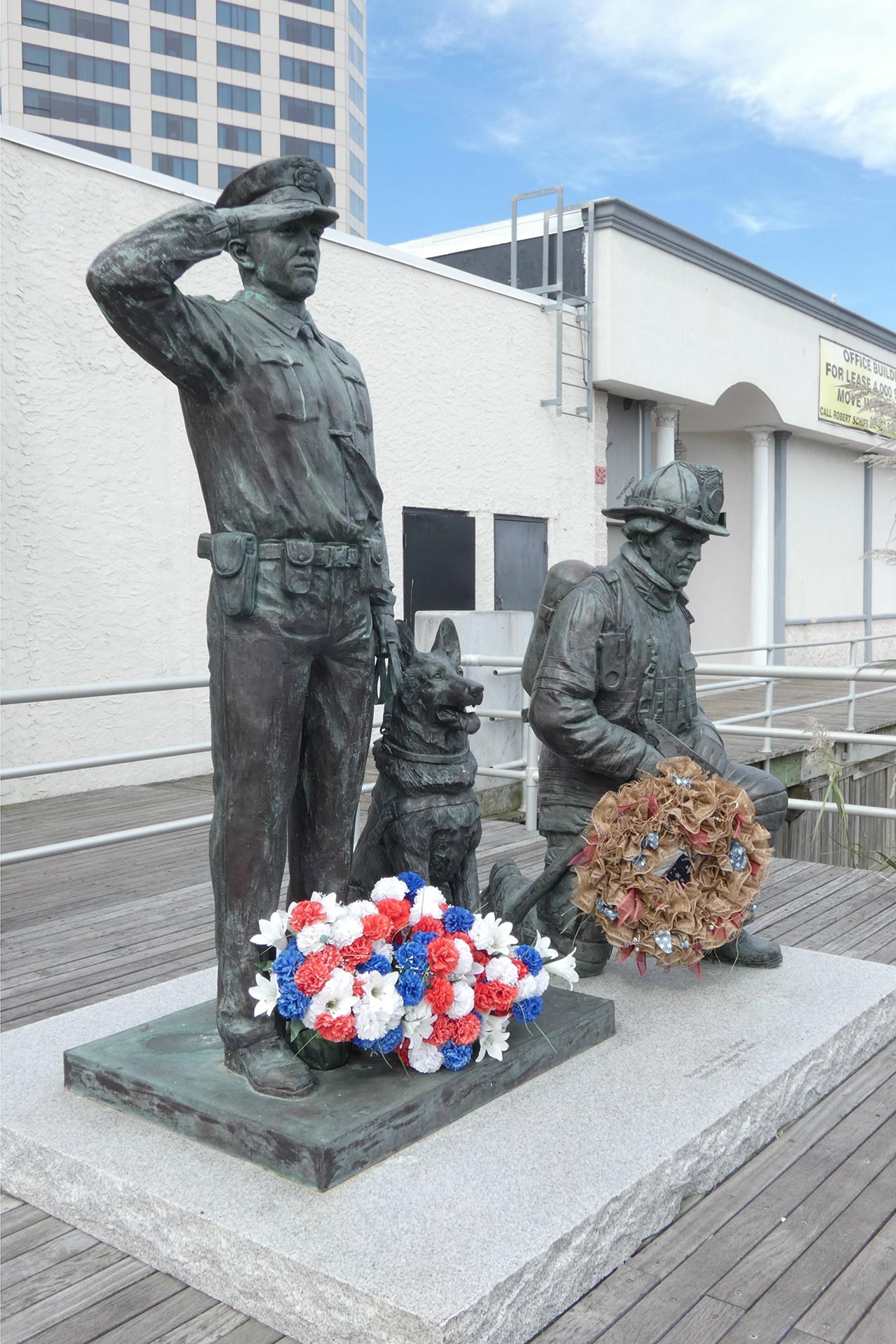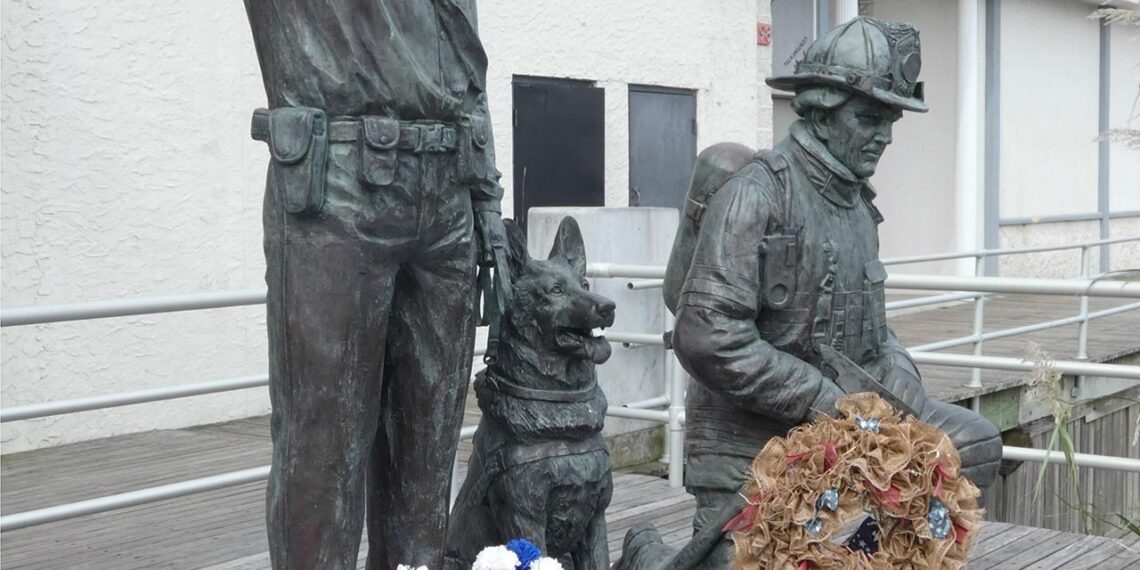[ad_1]

Over two decades have passed since the September 11 terror attacks, but health benefits for 9/11 first responders are not guaranteed.
Organizations that support injured and disabled 9/11 first responders have recently shined a spotlight on a funding crisis within World Trade Center Health Program (WTCHP), which was launched by the government in 2015 to pay for medical costs.
“The 20 years after 9/11 decimated the responder community. The next 20 years is going to eradicate the 9/11 responders,” said John Feal, founder of the FealGood Foundation, a nonprofit that advocates for 9/11 first responders injured in the aftermath of the attacks.
Feal, a retired construction worker who lost part of his foot while working at ground zero, founded the organization to help the many first responders still struggling with health issues like respiratory disorders, digestive problems and cancers caused by toxins at the site.
Feal was instrumental in getting Congress to pass the bill creating the WTCHP, which covers medical costs for first responders who need ongoing treatments.
However, the advocate now says the funding from the program is drying up and will be $3 billion short before 2025.
Although the bill authorizes funding all the way to the year 2090, Feal said the authors did not account for healthcare inflation.
“In 2015, there were 76,000 people in the WTCHP. Now there are close to 118,000 people in the program,” Feal explained. “Nobody took into consideration medical inflation.”
Feal is pushing lawmakers for an additional $3 billion in funding to make sure that the doctors, nurses and administrators continue to work with disabled first responders and help them obtain necessary treatments and medications.
Feal said the money would also help those injured in the attack on the Pentagon.
“You’ve been seeing stories about people from the Pentagon that were excluded,” Feal said. “The bill will provide about 800 to 1,200 civilians and military from the Pentagon to either go back into the program or get into the program.”
Those in Washington are also aware of the issue.
Senate Majority Leader Chuck Schumer assured Feal that the funding would be included in this year’s omnibus legislation.
Feal also hopes that Congress will remove certain eligibility barriers to enter the program, including what he called “arbitrary” distances from the World Trade Center and whether cancers were diagnosed before 2005.
“Most cancers, you have to have gotten them after September of 2005,” Feal said. “That’s just an arbitrary date they chose. These are things that have prevented people from getting into the program.”
[ad_2]




